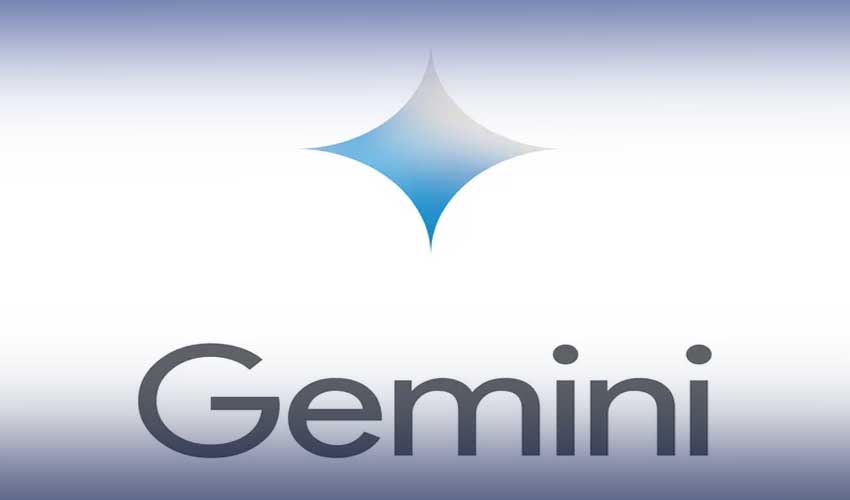Google has just unveiled Gemini, its latest and highly anticipated AI model, marking a step into a new era of AI for the company.
Trained on various data types including video, images, audio, and text, Gemini is hailed as Google's most advanced AI model to date.
It comes in three variants: Gemini Nano for native offline use on Android devices, Gemini Pro to power various Google AI services, and Gemini Ultra designed for data centres and enterprise applications.
The model is set to integrate into Google's search engine, ad products, Chrome browser, and more globally, representing the future of the tech giant.
Gemini's launch includes different implementations, with Bard now powered by Gemini Pro and Pixel 8 Pro users getting new features through Gemini Nano, while Gemini Ultra is expected next year.
Developers and enterprise customers can access Gemini Pro via Google Generative AI Studio or Vertex AI in Google Cloud starting December 13th. Although initially available only in English, Google plans to expand language support.
In a notable move, Google is positioning Gemini as a response to OpenAI's ChatGPT, which gained prominence in the AI landscape.
Sundar Pichai, Google's CEO, asserts that Gemini surpasses ChatGPT in 30 out of 32 benchmarks, with a particular advantage in understanding and interacting with video and audio, aligning with Gemini's multimodal design.
The model can handle text, images, video, and audio, with future improvements expected to include more senses.
Efficiency is a key feature of Gemini, demonstrated by its faster and more cost-effective performance compared to previous models.
It was trained on Google's Tensor Processing Units, and Google is launching the TPU v5p, a new version of its computing system for large-scale model training and execution.
Despite emphasizing cautious progress, Google sees Gemini as a transformative milestone, possibly rivalling the significance of the web's impact on the company's growth.
With an eye on artificial general intelligence, Google stresses safety and responsibility, conducting thorough internal and external testing to address potential issues and attack vectors.
Gemini's introduction signals Google's concerted effort to compete and innovate in the evolving landscape of generative AI.


























